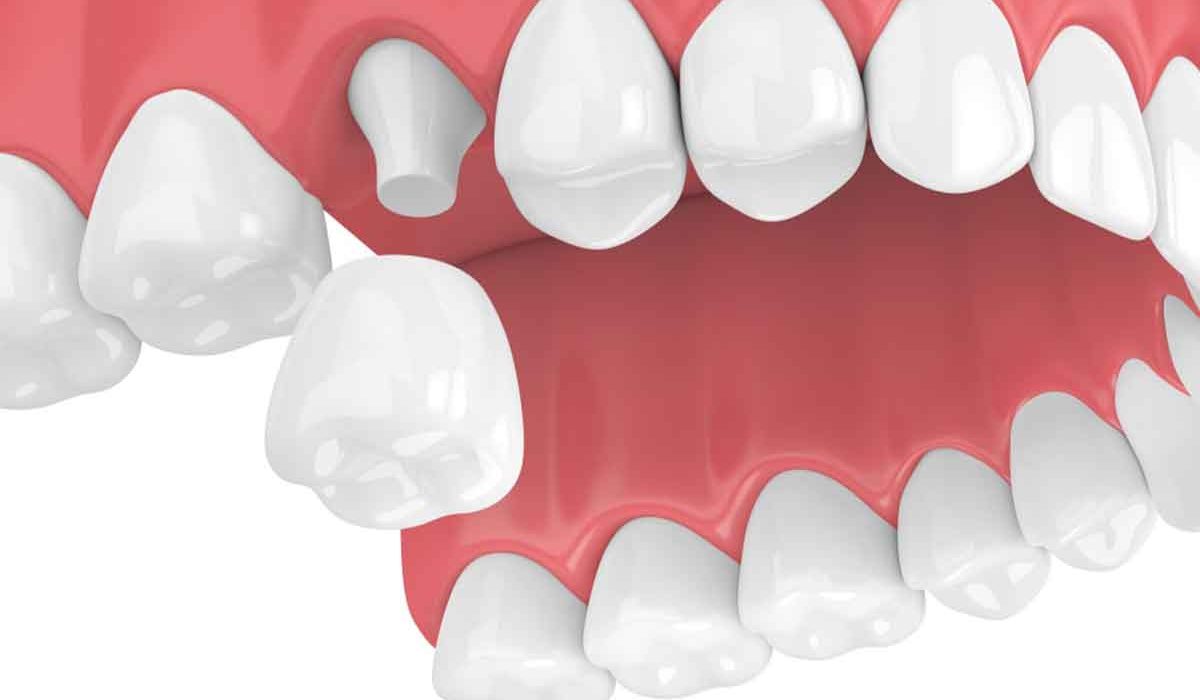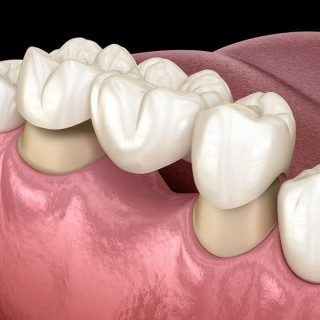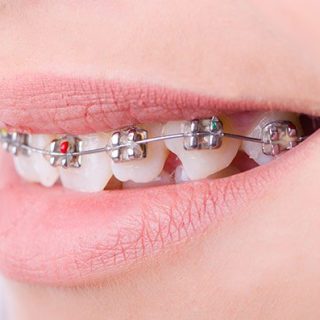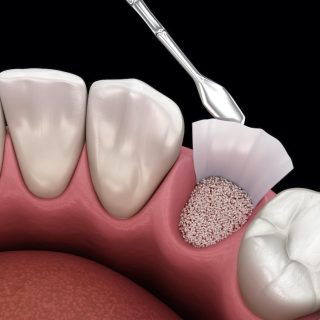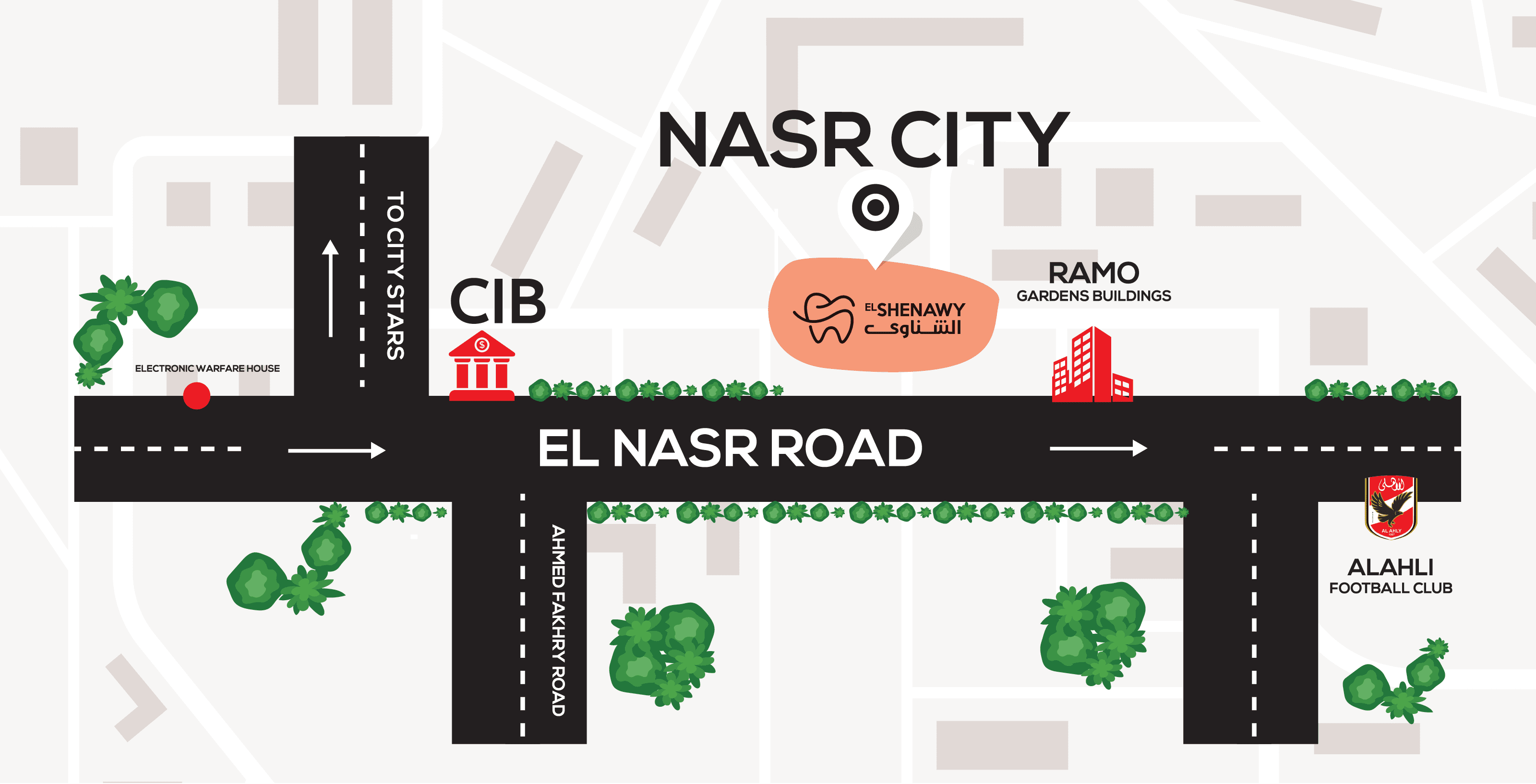Dental crowns are versatile dental solutions designed to address a variety of dental concerns, from restoring damaged teeth to enhancing the appearance of your smile. They help protect weakened teeth, support dental bridges, and can even cover dental implants. However, if your dental crown falls off, it’s important to act quickly. A dislodged crown can expose the sensitive tooth underneath, leading to increased discomfort, tooth decay, or even further damage if left untreated. Prompt action ensures that your crown can be re-cemented or replaced, helping to restore both the function and aesthetics of your tooth. Seeking professional dental care right away not only prevents further complications but also ensures your smile remains healthy and intact.
What are dental crowns used for?
Dental crowns are restorations that are used to cover or “cap” a tooth that is damaged or weakened as a means of protecting the tooth and restoring aesthetic appearance. There are several common situations where crowns are used, including:
- Restoring a Damaged Tooth: Crowns are used to fix teeth that are cracked, badly decayed, or weakened by large fillings, shielding them from further damage.
- Protecting a Tooth After a Root Canal: The tooth can become weakened and exposed to fracture after a root canal treatment. A crown can help restore the strength and function of the tooth.
- Enhancing Appearance: Crowns can be used to cover up the color, shape, or size of a tooth, especially in cosmetic dentistry, in order to make the smile look natural and uniform.
- Supporting Dental Bridges: Crowns are commonly used to hold a dental bridge in place.
- Covering a Dental Implant: Crowns are placed on top of a dental implant to restore the appearance and function of a missing tooth.
Why does the dental crown fall off?
Dental crown or cap fell off tooth for a number of reasons, happening either all at once or over time. One of the most common causes is the development of an infection under the crown. As bacteria builds up under the crown, it can weaken the tooth underneath and interfere with how well the crown is attached to the tooth.
In addition to infections, other common causes of a dental crown falling off include:
- Poor Fit: A poorly fitting crown may not bond well to the tooth and is likely to loosen or fall out.
- Insufficient Bonding: The bonding adhesive that is utilized to secure the crown can deteriorate over time or might not bond properly, resulting in the crown coming off.
- Routine Teeth Grinding (Bruxism): Too much pressure from grinding or clenching teeth can cause the crown to loosen.
- Eating Sticky or Hard Foods: Biting into hard foods, such as nuts or ice, or sticky foods, such as caramel or gum, can place stress on the crown, potentially loosening or damaging it.
- Weakening Tooth Structure: If the tooth beneath the crown is weakened by wear or decay, it might no longer be strong enough to carry the crown, causing it to be more likely to fall off.
Is it risky if the dental crown fell out
Yes, it can be risky if a dental crown falls off, especially if not addressed promptly. The potential trouble depends on the state of the tooth hiding under the crown and how long the crown’s been missing. Possible issues might include:
- Tooth Sensitivity and Pain: The exposed tooth may be sensitive to pressure or temperature changes, leading to pain or discomfort due to its exposure.
- Tooth Infection or Decay: Exposure to food particles and bacteria increases the risk of infection or decay and may necessitate more complex treatment like a root canal.
- Tooth Damage: Without the crown, the tooth is more vulnerable to bite or chewing fractures, and the longer it is left exposed, the greater the chance of damage.
- Shifting of Surrounding Teeth: If a crown is absent for a long time, the surrounding teeth may move, which could result in problems with alignment or bite.
What to do when dental crown falls off
- Assess the Damage: If your dental crown falls off, try to find it and then check both the crown and your tooth for any signs of damage, like cracks, missing pieces, or any irritation around the gums.
- Get in Touch with Your Dentist: Give your dentist a call right away to set up a visit, preferably within a couple of days. They’ll figure out if the crown can simply be put back on or if it needs to be swapped out for a new one.
- Clean and Store the Crown: To avoid further damage, rinse your crown with warm water, gently brushing it with a soft-bristle toothbrush if necessary. Dry it well and store it in a plastic bag or container to safeguard it until your appointment.
- Protect Your Tooth: Keep your exposed tooth clean by maintaining good oral hygiene with regular brushing and flossing.
- Manage Pain: Use over-the-counter pain relievers if the exposed tooth hurts. You can also lessen bacteria and soothe your gums by rinsing them with warm salt water.
- Avoid Certain Foods: Avoid hard, sticky, chewy, or very hot or cold foods that could bother your tooth or crown and cause additional damage or discomfort until you visit your dentist.
- Bring the Crown to Your Appointment: On the day of your dentist appointment, bring the crown with you. If your crown is broken or damaged, your dentist will probably need to make you a new one.
Factors affecting the durability of crowns
- Material Used: The type of material used in the crown greatly influences the longevity of the crown. Metal crowns, being the longest lasting, offer more strength and resistance to wear. Porcelain crowns are extremely strong but less than metal but offer more natural appearance results. Resin polymer crowns, which are less expensive, are prone to cracking and damage with stress applied.
- Bite Force: The crown’s longevity may be impacted by the pressure that is placed on it during chewing.
- Oral Hygiene: Routine oral hygiene is required to guarantee the crown’s durability. Brushing, flossing, and antimicrobial mouthwash use on a daily basis can prevent plaque buildup, which may lead to decay or gum disease that affects the crown.
- Eating Habits: Frequent chewing of hard, sticky, or crunchy foods can put extra force on a crown, leading to cracks, chipping, or loosening.
- Tooth Structure: The health of the tooth under your crown matters. If it’s weak or decayed, it won’t give the crown a solid base, which can create problems over time.
Preventing dental crowns from falling off
To prolong the life of your dental crown and prevent it from falling off, follow these helpful tips:
- Brush and Floss Daily: Brush your teeth twice daily with fluoride toothpaste and floss daily to prevent decay close to the crown.
- Avoid Hard or Sticky Foods: Limit your intake of hard or sticky foods, such as ice, hard candies, and taffy, which can stress or damage your crown.
- Wear a Nightguard: To prevent excessive pressure and damage to your teeth and crown, if you grind your teeth at night, consider wearing a mouthguard.
- Avoid Using Teeth as Tools: Never use your teeth to open packages or rip things. This is putting extra pressure on your crown, which loosens it more easily.
- Regular Dental Checkups: Visitour dentist a minimum of twice a year for professional cleanings and checkups. This ensures that any problems with your crown are caught before they become serious.
Receive expert dental consultation at El-shenawy clinics
If your dental crown falls off or you are experiencing any kind of dental issues, El-Shenawy Dental Centres can provide you with expert advice and emergency care. With very highly trained and qualified practitioners, we ensure that each patient receives personal treatment according to their needs. At El-Shenawy Clinics, your comfort and satisfaction are our utmost priority, and we offer you the latest technological equipment in order to aid you in addressing a range of dental issues. From urgent crown repairs to regular dental care, our clinic provides quick, efficient, and dependable assistance to keep your teeth healthy.
Book your consultation now and receive expert dental care.
Frequently asked questions
- How long does the dental crown last?
A dental crown typically lasts between 10 to 15 years, depending on the material used and how well you care for it.
- Is it okay to wait if my temporary crown fell out?
It’s best to see your dentist as soon as possible to avoid complications, but a short wait is usually okay. In the meantime, keep the exposed tooth clean and avoid chewing on that side.



